FEMST

Empowering girls with knowledge and confidence in STEMto become future STEM leaders - FEMST
Erasmus+ KA2 – Strategic Partnership in Higher Education
2022-1-NL01-KA220-HED-000090191
11/2022 – 11/2024 (24 months)
250 000,00 €
The Netherlands, Portugal, Cyprus, Greece, Spain
Visit the Project's Website
Follow the project on Social Media
FEMST
The project FEMST was born out of the challenges posed by gender stereotypes with regards to limiting women’s potential and how these stereotypes contribute to the perpetuation of gender inequality within the STEM field.
General Objectives
- Encourage gender-responsive training approaches for teachers and counsellors
- Train primary school teachers for the implementation of the Curriculum and the application of the tools contain therein in their own teaching, regardless of subject
- Disseminate the Animated Series of Stories and other activities/tools with children in the classroom through the teachers
- Facilitate the dissemination
Objectives of the project
- encourage gender-responsive training approaches for teachers and counsellors that focus on tackling gender biases in the classroom
- train primary school teachers for the implementation of the Curriculum and the application of the tools contain therein in their own teaching, regardless of subject
- disseminate the Animated Series of Stories and other activities/tools with children in the classroom through the teachers
- facilitate the dissemination and sustainability of project results involving key stakeholders and policy makers at national and EU level
- enable female students to develop their scientific capacities and inspire them to get involved in STEM-related activities overcoming gender prejudice in the field.
Expected Results
FEMST aims to develop the skills of teachers, educators, and career counsellors to provide a dynamic learning environment to girls with a specific focus on STEM and to empower female students to become STEM leaders of the future. This innovative project will develop and implement effective pedagogies and assessment methods through its diverse consortium that includes a school, a university, research centres, a social enterprise and a network for children’s rights. It aims not only to encourage girls into STEM from a young age but also to empower women studying in STEM to maintain their interest. This will be achieved by developing innovative digital tools and by implementing the STEAM approach that will involve activities such as:
The Training Toolbox and lesson plan activities for primary education students, and the STEM Ambassadors program, where we will collect testimonials of women studying in STEM.
Project Activities
- Two focus groups will be carried out per partner country collecting the local needs and expectations and a brief presentation of the Training Package, on which participants will evaluate the content of the module and give feedback.
- Six Training Modules about various scientific aspects of STEM education and empowerment of female students. The topics of the six training modules are divided as such: Module 1: Problem Solving; Module 2: Digital Skills and E-Learning; Module 3: Engineering and Sustainability; Module 4: Women in STEM; Module 5: Data Science and Analytics; Module 6: Emerging Technologies.
- One Online Toolkit hosted by the project website.
- Thirty participants in implementation activities per partner country (150 participants in total).


